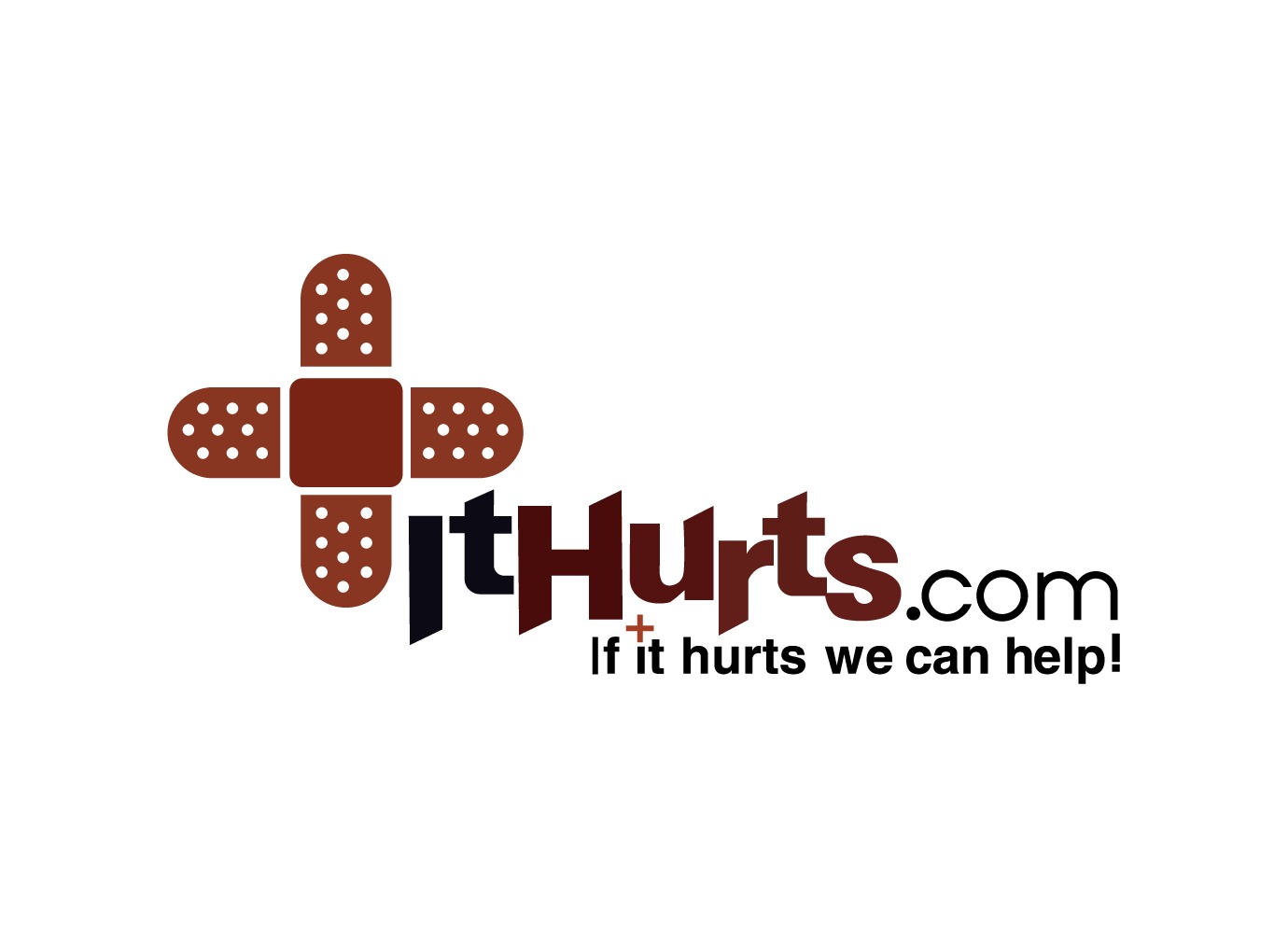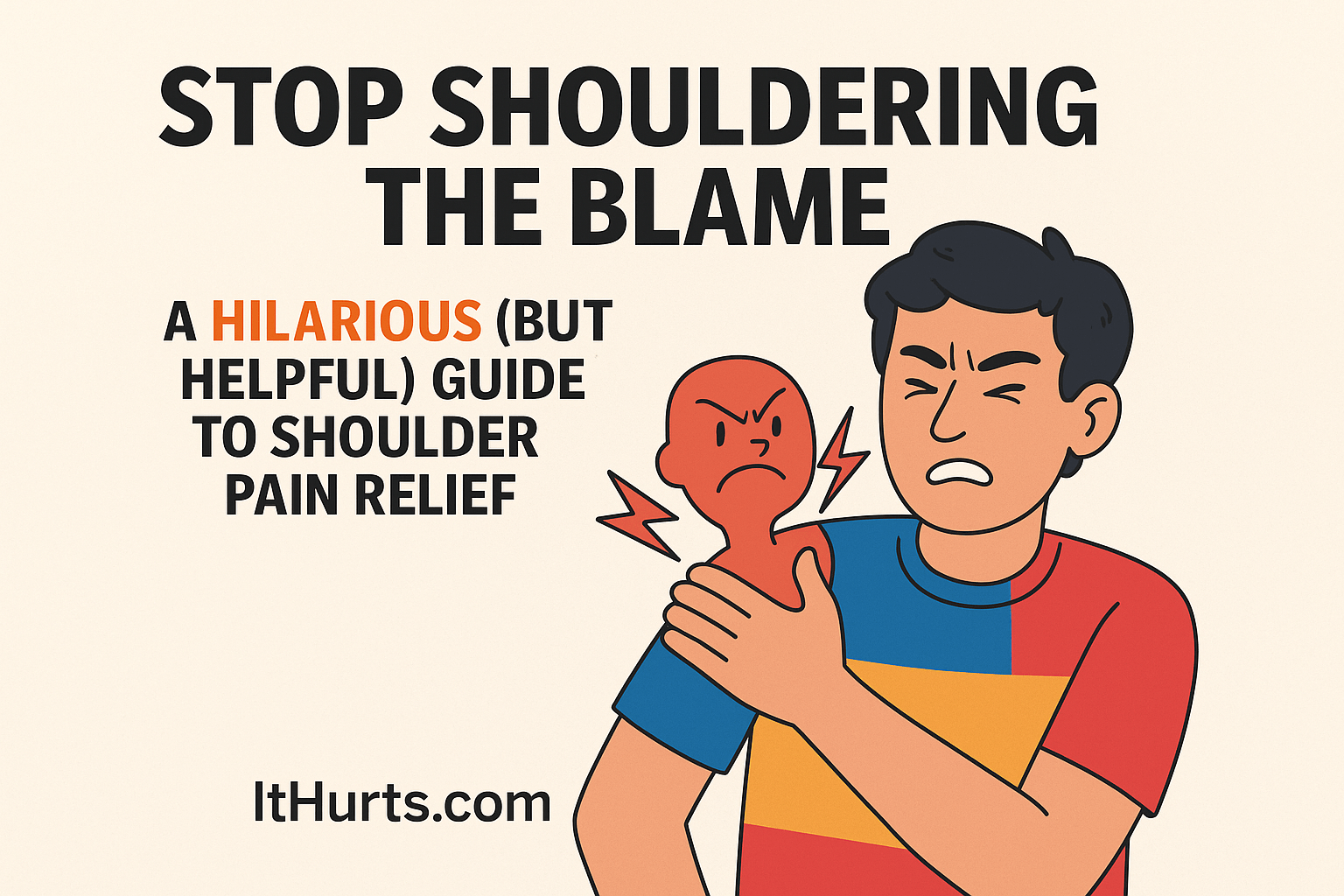The Impact of Isolation in Chronic Pain
Chronic pain inherently brings with it a sense of isolation. As pain persists, individuals may find it increasingly difficult to participate in social activities, maintain employment, or even perform daily tasks, which can lead to withdrawal from social interactions. This isolation not only intensifies physical pain but also feeds into cycles of mental health issues, including depression and anxiety. The lack of understanding from others who do not experience similar pain can further alienate sufferers, deepening their sense of solitude.












